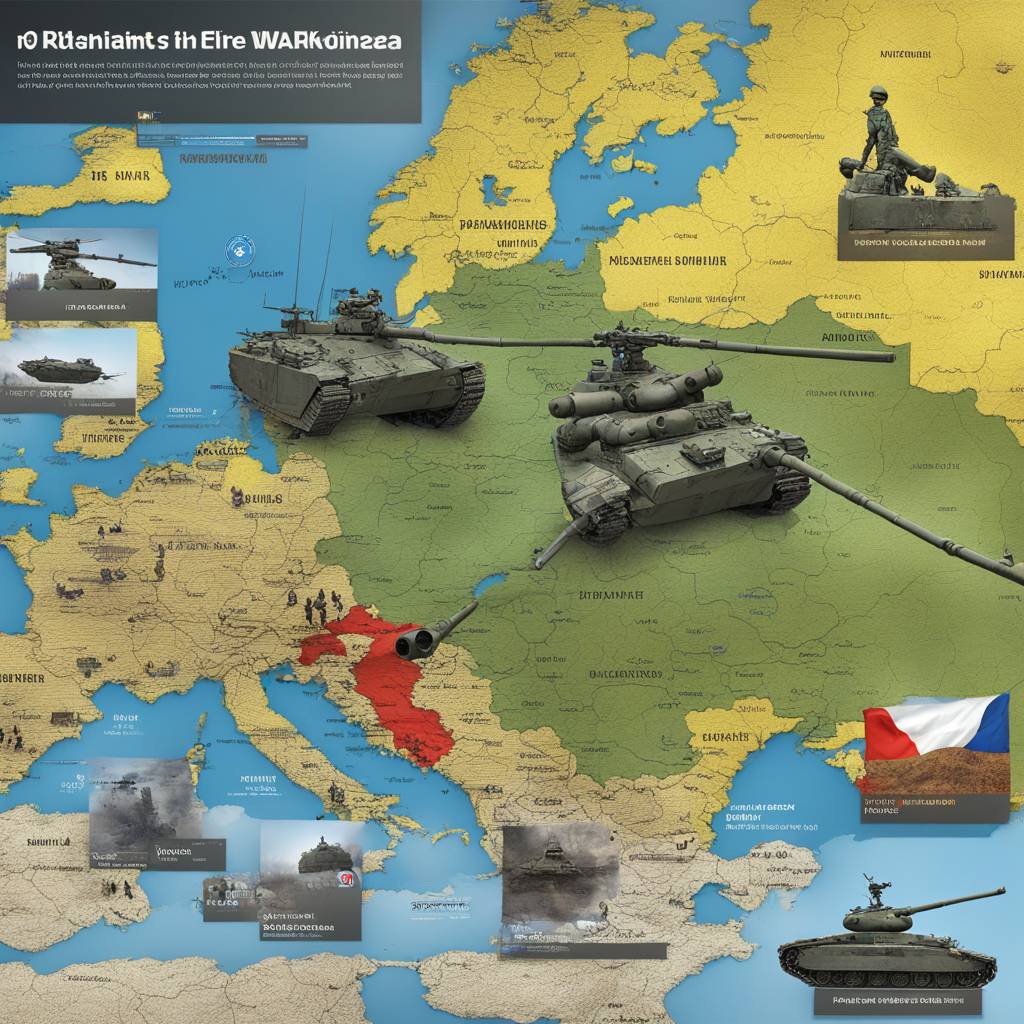Belarus has begun military drills in regions along its borders with Ukraine, Lithuania, and Poland. These exercises are being held to prepare officers and territorial defense personnel for potential defense of their respective regions. The drills will also practice protocols in the event martial law is enacted in the country. Poland and Lithuania are both members of the European Union and NATO, while Belarus is a Russian ally.
Russia and Ukraine have continued to exchange drone strikes in recent days. Russia targeted energy facilities in raids on the Dnipropetrovsk and Kirovograd regions in Ukraine. Ukraine’s Operational Command “South” reported that air defense forces destroyed three drones over Dnipropetrovsk and intercepted the rest. However, an infrastructure target was struck in Kirovograd with no casualties. In response, Ukraine struck one of Russia’s biggest oil refineries in the Tatarstan region, around 800 miles from the front lines, claiming significant damage to a military target.
The ongoing military tensions between Russia and Ukraine have led to continued exchanges of drone strikes and other military actions. Belarus, as a Russian ally, is also conducting military drills along its borders with neighboring countries. This situation highlights the complex geopolitical dynamics in the region, with Poland and Lithuania being members of the EU and NATO. The drills in Belarus are intended to prepare for potential defense scenarios and the enactment of martial law.
The strikes on energy facilities and infrastructure in Ukraine, as well as the retaliatory strike on a Russian oil refinery, demonstrate the significant impact of the conflict on both countries. The use of drones in these attacks underscores the evolving nature of modern warfare, where technology plays a crucial role. The targeting of critical infrastructure raises concerns about the potential for escalation and further destabilization in the region.
The exchange of drone strikes between Russia and Ukraine highlights the ongoing conflict and tensions in the region. The involvement of Belarus in conducting military drills adds another layer of complexity to the situation. The proximity of these countries and their alliances with different geopolitical actors create a volatile environment where any miscalculation or escalation could have serious consequences. The need for diplomatic efforts to de-escalate the situation and find a peaceful resolution to the conflict is increasingly urgent.
Overall, the military drills in Belarus, the ongoing drone strikes between Russia and Ukraine, and the retaliatory actions taken by both countries illustrate the complex and volatile situation in the region. The involvement of multiple actors with different alliances and interests further complicates efforts to find a peaceful resolution. Diplomatic efforts must be prioritized to prevent further escalation and mitigate the impact of the conflict on the civilian population. Finding a lasting solution to the underlying issues driving the conflict is essential for long-term stability and peace in the region.


